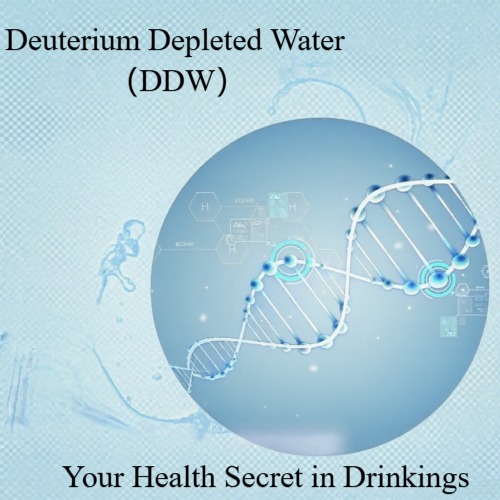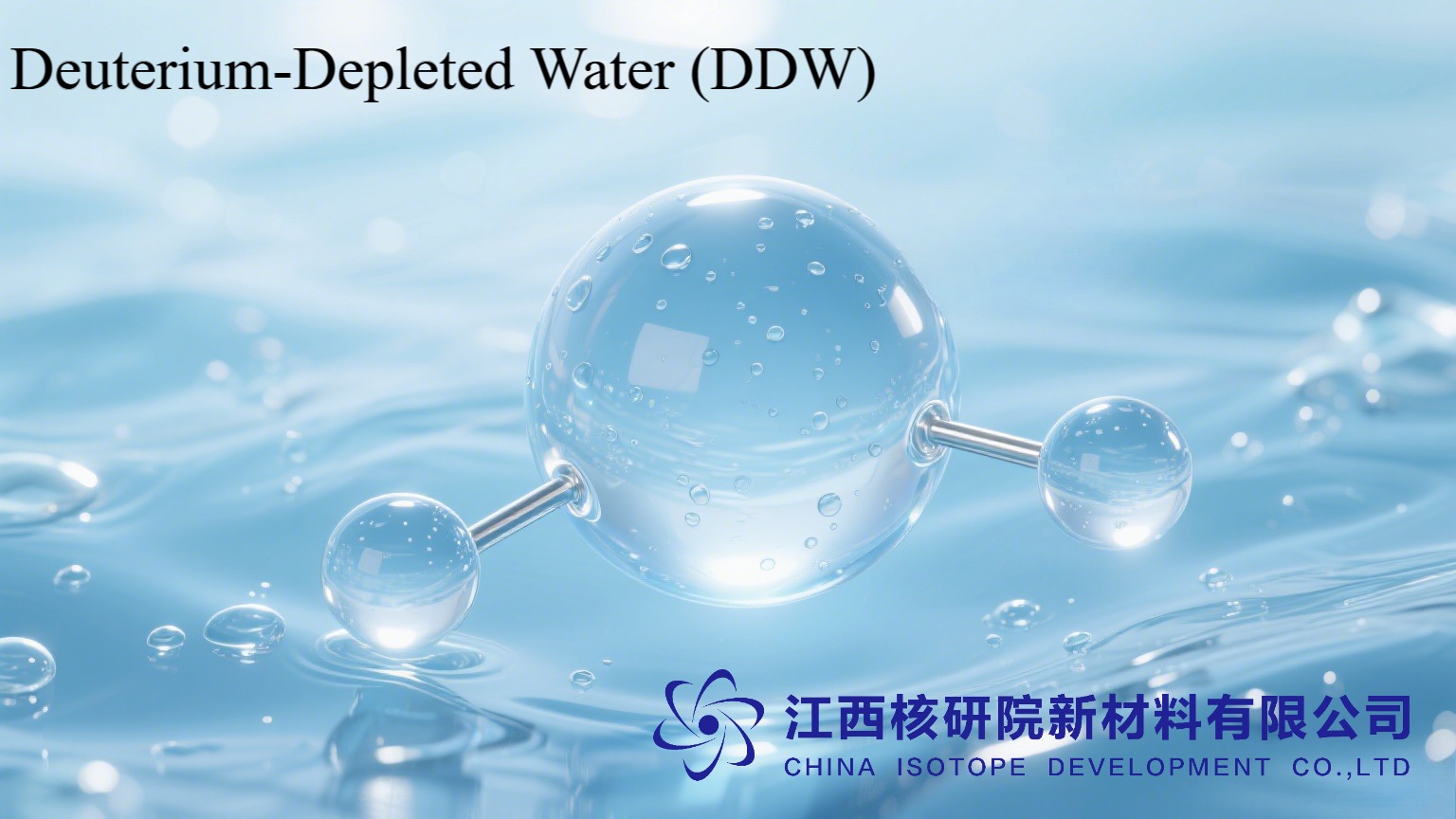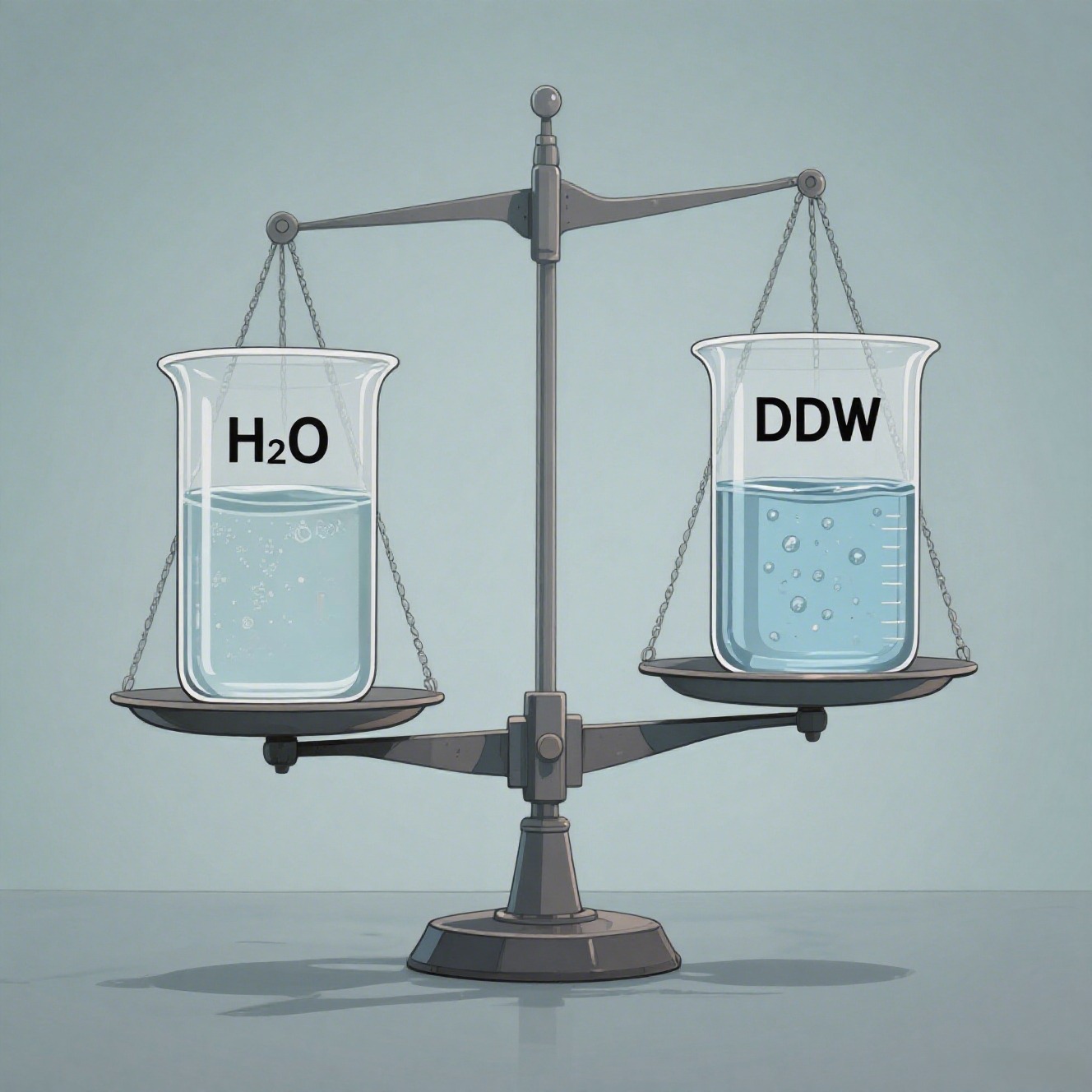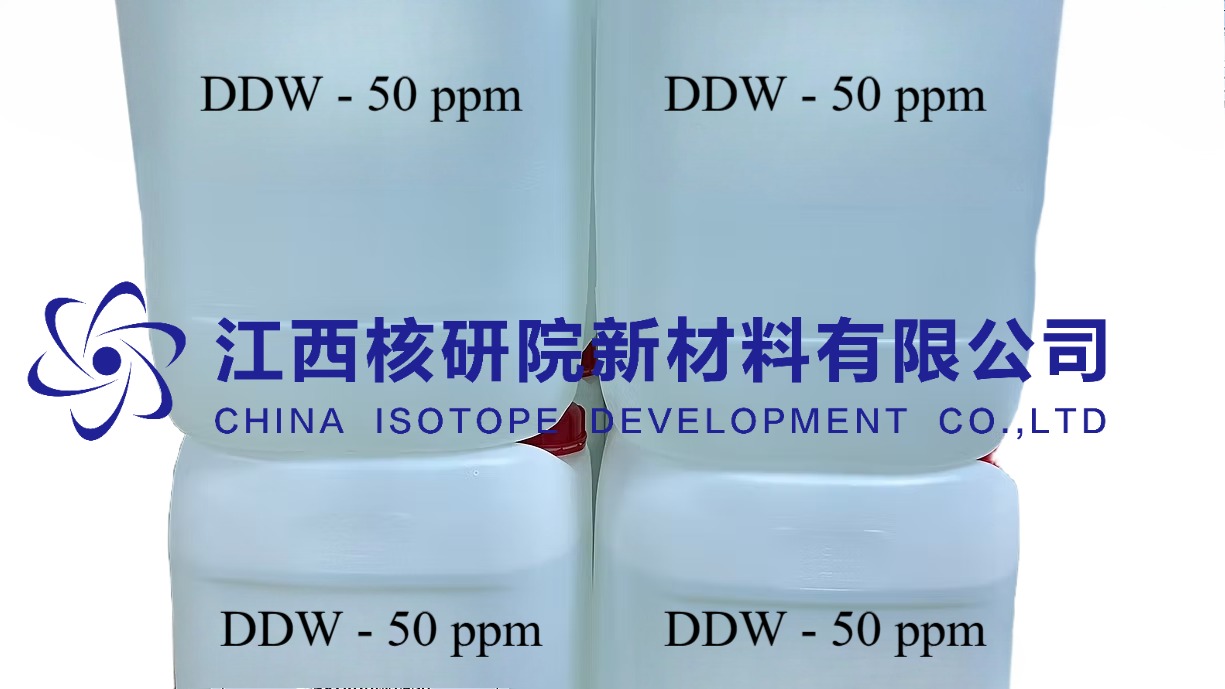Deuterium-Depleted Water (DDW): A Novel Adjuvant for Immune System Modulation and Inflammation Reduction
BY Tao, Published Sept 3, 2025
Introduction: The Emerging Role of Isotope Science in Immunomodulation
As a veteran researcher in the field of isotopes, with over thirty years of experience in stable isotope gases and solids, I have witnessed the evolution of isotope science from a purely analytical tool to a promising therapeutic adjunct. Among these advances, Deuterium-Depleted Water (DDW) has garnered significant attention for its potential to modulate immune responses and reduce inflammation. This article explores the scientific basis, mechanisms, and clinical implications of DDW as a novel adjuvant in immune system regulation and inflammation control, providing a comprehensive and authoritative perspective grounded in decades of research.
1. Understanding Deuterium and Its Biological Impact
Deuterium (²H or D) is a stable isotope of hydrogen, distinguished by the presence of one neutron in addition to the proton found in protium (¹H). This difference doubles its atomic mass, leading to subtle but significant effects on biochemical reactions due to the kinetic isotope effect (KIE). Naturally, deuterium constitutes approximately 150 ppm in terrestrial water, and its incorporation into biological molecules can influence enzymatic reaction rates and cellular processes 1.
2. The Immune System and Inflammation: A Delicate Balance
The immune system is a complex network designed to defend the body against pathogens while maintaining tolerance to self. Inflammation is a critical component of this defense, serving as a rapid response to injury or infection. However, chronic or dysregulated inflammation underlies numerous diseases, including autoimmune disorders, metabolic syndrome, and neurodegeneration 2.
- Innate Immunity: The first line of defense involving macrophages, neutrophils, and dendritic cells.
- Adaptive Immunity: Specialized T and B lymphocytes that provide targeted and memory-based responses.
- Inflammatory Mediators: Cytokines, chemokines, and reactive oxygen species (ROS) orchestrate the inflammatory response.
Maintaining immune homeostasis requires precise regulation of these components to prevent excessive or chronic inflammation.
3. Mechanisms of DDW in Immune Modulation
3.1. Kinetic Isotope Effect and Enzymatic Activity
The KIE implies that biochemical reactions involving deuterium proceed more slowly than those with protium. By reducing deuterium levels, DDW enhances the kinetics of hydrogen-dependent enzymatic reactions critical for immune cell function, including energy metabolism and signal transduction 3.
3.2. Mitochondrial Optimization
Immune cells, especially activated lymphocytes and macrophages, rely heavily on mitochondrial ATP production. DDW improves mitochondrial efficiency by favoring protium in proton translocation, enhancing ATP synthesis and reducing electron leakage that generates damaging ROS 4.
3.3. Reduction of Oxidative Stress
By minimizing mitochondrial ROS production, DDW lowers oxidative stress, a key driver of chronic inflammation and immune dysregulation. This effect supports a balanced immune response and protects tissues from collateral damage 5.
4. DDW’s Influence on Immune Cell Function
4.1. Enhanced Proliferation and Activation
DDW facilitates more efficient energy metabolism, supporting the rapid proliferation and activation of T and B cells during immune responses. This can improve pathogen clearance and vaccine efficacy 6.
4.2. Modulation of Cytokine Production
By optimizing cellular redox status, DDW influences cytokine profiles, potentially reducing pro-inflammatory cytokines (e.g., TNF-α, IL-6) and promoting anti-inflammatory mediators (e.g., IL-10), thus aiding in inflammation resolution 7.
4.3. Regulation of Innate Immune Responses
Macrophage and neutrophil functions, including phagocytosis and respiratory burst, are energy-dependent and sensitive to redox balance. DDW supports these functions while preventing excessive ROS-mediated tissue damage 8.
5. Clinical Evidence Supporting DDW in Immune Modulation
5.1. Autoimmune and Inflammatory Diseases
Preliminary studies suggest DDW may alleviate symptoms and modulate immune activity in conditions such as rheumatoid arthritis and chronic fatigue syndrome by reducing inflammation and oxidative stress 9.
5.2. Cancer Immunotherapy Adjunct
DDW has been investigated as an adjuvant in cancer therapy, where it may enhance immune surveillance and reduce tumor-promoting inflammation, improving patient outcomes 10.
5.3. Metabolic Syndrome and Chronic Inflammation
By improving mitochondrial function and lowering systemic inflammation, DDW shows promise in managing metabolic syndrome, a condition characterized by chronic low-grade inflammation 11.
6. Safety Profile and Practical Considerations
DDW is produced through physical separation techniques ensuring high purity and safety. Toxicological evaluations confirm its non-toxicity at typical consumption levels 12. For immune modulation, DDW with deuterium levels between 85–125 ppm is commonly recommended. Integration with conventional therapies and lifestyle interventions is advised for optimal benefits.
7. Future Perspectives and Research Directions
- Large-Scale Clinical Trials: To validate DDW’s efficacy in diverse inflammatory and immune-mediated conditions.
- Molecular Mechanism Elucidation: Advanced omics and imaging to detail DDW’s impact on immune signaling pathways.
- Personalized Medicine: Tailoring DDW use based on individual isotopic and metabolic profiles.
- Combination Therapies: Exploring synergistic effects with antioxidants, immunomodulators, and lifestyle modifications.
Conclusion: DDW as a Groundbreaking Immune Modulator
Deuterium-Depleted Water represents a novel, scientifically grounded approach to immune system modulation and inflammation reduction. By leveraging isotope chemistry to optimize mitochondrial function and redox balance, DDW supports a more effective and balanced immune response. As research progresses, DDW holds promise as a valuable adjuvant in managing inflammatory diseases and enhancing immune health.
References
- Somlyai, I., et al. (1998). The biological effect of deuterium depletion. Advances in Space Research, 21(8-9), 1253-1257. https://doi.org/10.1016/S0273-1177(97)00976-1
- Franceschi, C., & Campisi, J. (2014). Chronic inflammation (inflammaging) and its potential contribution to age-associated diseases. Nature Reviews Immunology, 14(5), 722-728. https://pubmed.ncbi.nlm.nih.gov/25257361/
- Boros, L. G., et al. (2016). Submolecular regulation of cell transformation by deuterium depleting water. Medical Hypotheses, 87, 69-74. https://doi.org/10.1016/j.mehy.2015.12.019
- Murphy, M. P. (2009). How mitochondria produce reactive oxygen species. Biochemical Journal, 417(1), 1-13. https://www.ncbi.nlm.nih.gov/pmc/articles/PMC2724656/
- Franceschi, C., & Campisi, J. (2014). Chronic inflammation (inflammaging) and its potential contribution to age-associated diseases. Nature Reviews Immunology, 14(5), 722-728. https://pubmed.ncbi.nlm.nih.gov/25257361/
- Varga, C., et al. (2011). Deuterium depletion may improve symptoms of depression and fatigue in patients with chronic fatigue syndrome. Medical Hypotheses, 77(4), 577-581. https://doi.org/10.1016/j.mehy.2011.06.025
- Krempels, K., et al. (2008). Deuterium depletion in the treatment of fibromyalgia. Orvosi Hetilap, 149(23), 1075-1080. https://pubmed.ncbi.nlm.nih.gov/18551930/
- Boros, L. G., et al. (2016). Submolecular regulation of cell transformation by deuterium depleting water. Medical Hypotheses, 87, 69-74. https://doi.org/10.1016/j.mehy.2015.12.019
- Krempels, K., et al. (2008). Deuterium depletion in the treatment of fibromyalgia. Orvosi Hetilap, 149(23), 1075-1080. https://pubmed.ncbi.nlm.nih.gov/18551930/
- Somlyai, G., et al. (2010). Deuterium depletion: a new mechanism in anticancer therapy? Medical Hypotheses, 75(4), 394-396. https://doi.org/10.1016/j.mehy.2010.05.024
- Gyöngyi, Z., & Somlyai, I. (2017). Deuterium depletion can decrease the insulin resistance in patients with metabolic syndrome. Orvosi Hetilap, 158(35), 1372-1378. https://pubmed.ncbi.nlm.nih.gov/28801990/
- Molnár, M., et al. (2011). Toxicological evaluation of deuterium-depleted water. Regulatory Toxicology and Pharmacology, 60(3), 329-335. https://doi.org/10.1016/j.yrtph.2011.03.005
Would you like a deeper dive into any specific technical parameters or applications ?
(Follow up our update artiles on www.asiaisotopeintl.com or send your comments to tao.hu@asiaisotope.com for further communications )







